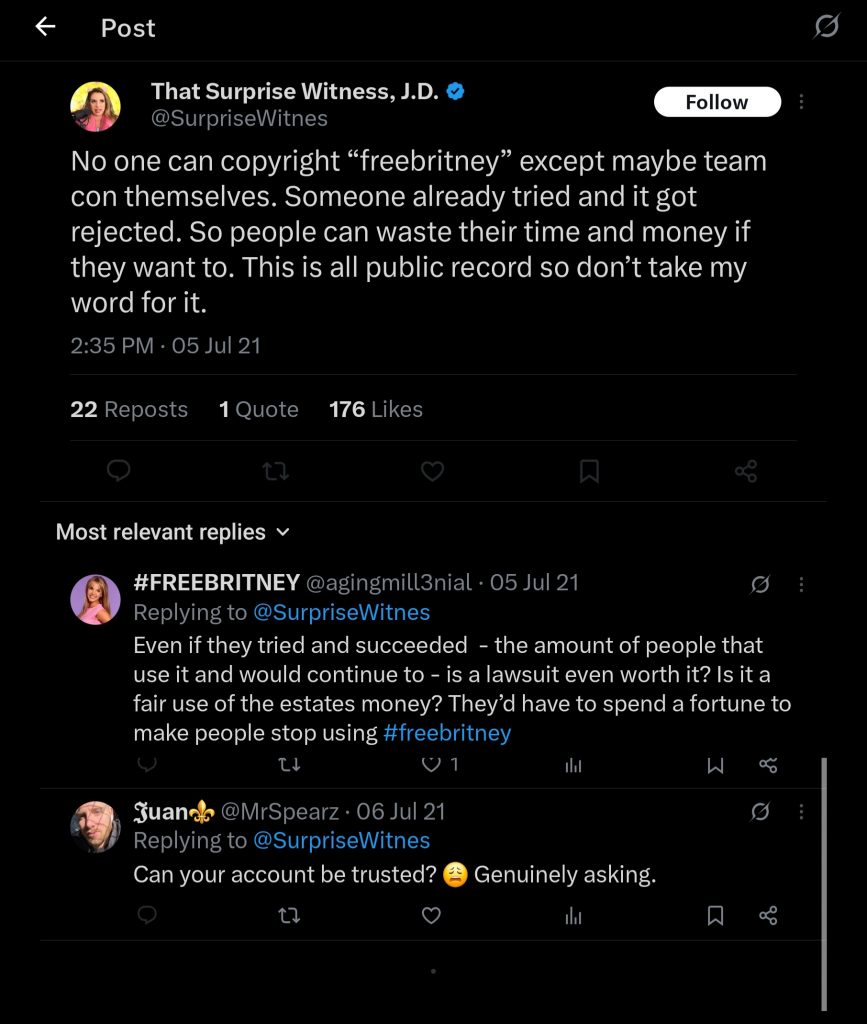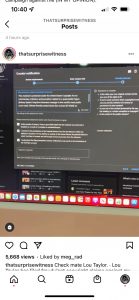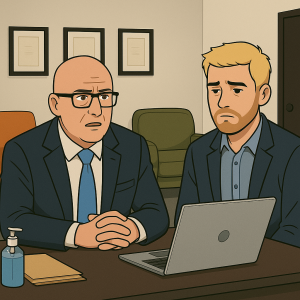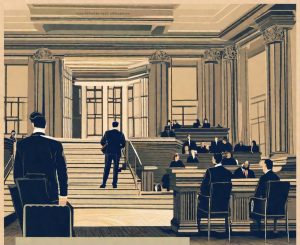July 5, 2021 – Brittany Courville Misstates My #FreeBritney Trademark as “Copyright”
On July 5, 2021, Brittany Courville tweeted commentary about a legal filing involving the phrase “#FreeBritney.” In her tweet, she incorrectly referenced copyright — when in fact, I had filed a trademark application. Throughout the years, she has repeatedly mischaracterized this action, often referring to it as an attempt to “copyright” a hashtag — which is legally inaccurate and misleading.
Here is the tweet:
This tweet is included solely for documentation purposes as part of this public record.
In the tweet, Brittany stated:
“No one can copyright ‘#FreeBritney’ except maybe team con themselves. Someone already tried and it got rejected. So people can waste their time and money if they want to. This is all public record so don’t take my word for it.”
Her statement incorrectly conflates copyright and trademark law. Copyright protects original creative works (e.g., music, writing, video), while trademark law protects phrases or branding used in commerce to distinguish the source of goods or services. “#FreeBritney” — used on merchandise or in branding — falls under trademark law, not copyright.
For full transparency, I am the individual who filed the trademark application for “#FreeBritney” in 2020. My goal was to prevent mass takedowns and suspensions of advocate accounts using the phrase — not to control the movement or profit from it. I believed that securing the trademark could help protect the advocacy community from false reporting and trademark abuse by third parties. I had always intended to assign the trademark to Britney Spears herself once she was free from her conservatorship, ensuring she could own and protect the phrase that defined her fight for autonomy.
This issue has been misrepresented multiple times by Brittany over the years. This post is part of a chronological documentation effort to clarify the facts for the public and to ensure an accurate record of events is preserved.
Relevant NJ Legal Considerations:
- N.J.S.A. 2C:33-4.1 – Cyber-Harassment
Publicly ridiculing or misrepresenting another’s legal action or business intent may fall under cyber-harassment laws if done with intent to cause embarrassment, alarm, or reputational harm. - Restatement (Second) of Torts § 652E – False Light (recognized in NJ)
Making misleading public statements about a legal filing or intellectual property rights may constitute false light if it distorts a person’s intentions or credibility.
Screenshot (in case tweet is deleted):

Screenshot included under fair use for evidentiary documentation purposes.





